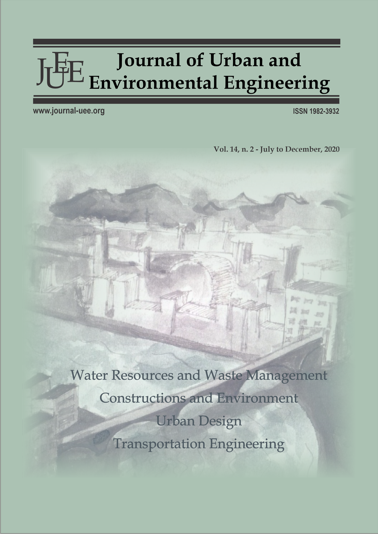ASSESSING THE CARBON FOOTPRINT OF A DEDICATED ALL-CARGO AIRLINE: THE CASE OF CARGOLUX INTERNATIONAL AIRLINES
DOI:
https://doi.org/10.4090/juee.2020.v14n2.204--217Abstract
The objective of this study was to examine Cargolux International Airlines, one of the world’s largest dedicated all-cargo airlines, carbon footprint and to identify how it has been influenced by its route network expansion and the operation of the next-generation, Boeing B747-8 freighter aircraft. The study covered the period 2005 to 2018. To achieve the objectives of the study, an in-depth qualitative longitudinal case study research approach was used. The data that was sourced for the study was examined using document analysis. The study found that Cargolux International Airlines annual carbon dioxide (CO2) emissions increased from 2,845,000 tonnes in 2005 to 4,093, 521 tonnes in 2018. The increase in the airline’s annual carbon dioxide (CO2) emissions is due to a higher level of services, route network expansion, and an increase its fleet of freighter aircraft. Over the study period, Cargolux’s annual carbon dioxide emissions (CO2) per available tonne kilometre (ATK) exhibited a downward trend, decreasing from a high of 386.5 grams per available tonne kilometre (ATK) in 2006 to a low of 330.8 grams per available tonne kilometre (ATK) in 2018. A similar trend occurred with the airline’s annual carbon dioxide emissions (CO2) per freight tonne kilometre (FTK), which decreased from a high of 540 grams per freight tonne kilometre (FTK) in 2011 to a low of 330.8 grams per available freight tonne kilometre (FTK) in 2017. These trends were very favourable given the expansion in services and in enplaned air cargo tonnages throughout the study period. The case study revealed that the airline’s fleet rollover plan, in which Cargolux acquired a fleet of 14 state-of-the art Boeing B747-8 freighters, has resulted in the most substantial reductions in carbon dioxide (CO2) emissions. The more favourable fuel efficiency of this aircraft results in lower carbon dioxide (CO2) emissions for their operators. In addition to operating a modern fuel-efficient fleet, Cargolux has implemented a very broad range of measures and initiatives that are designed to mitigate its carbon footprint from both its flight and ground operations.Downloads
Download data is not yet available.
Downloads
Published
2020-12-15
Issue
Section
Articles




